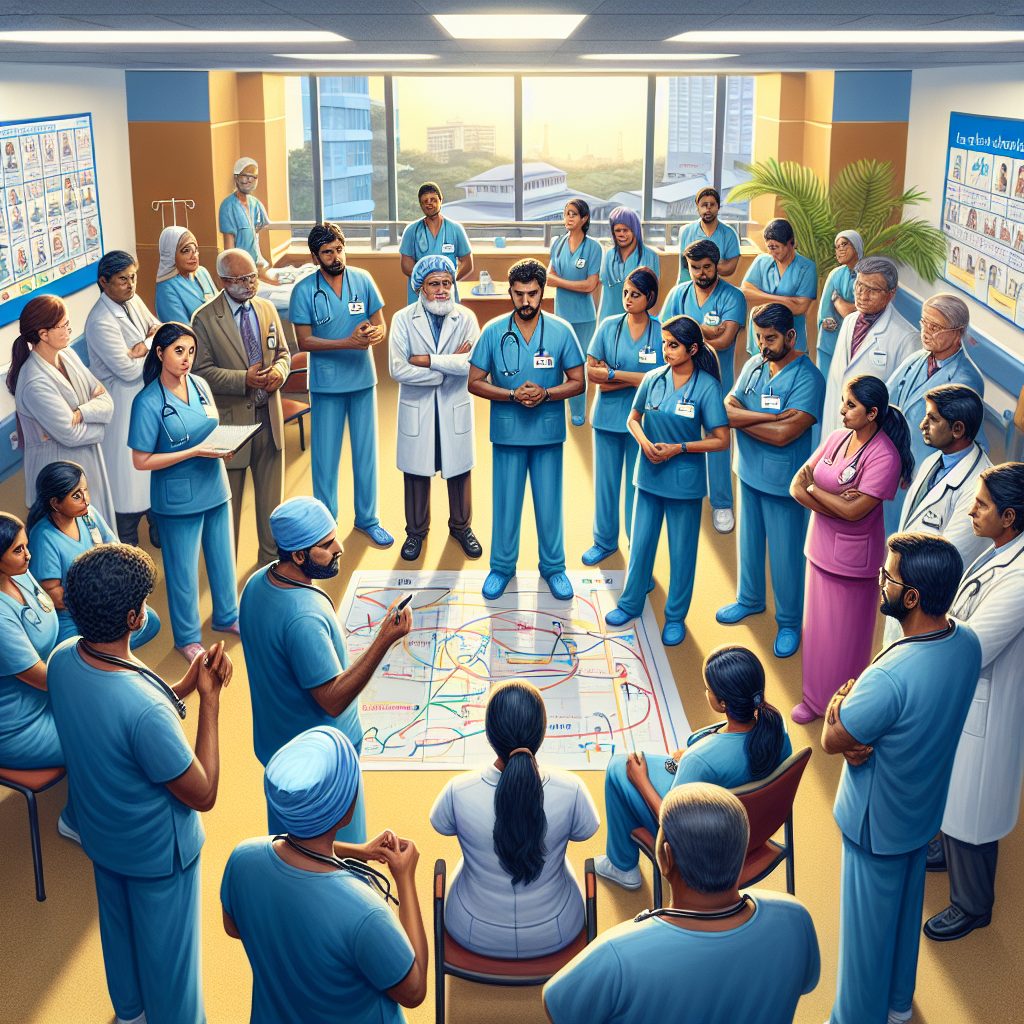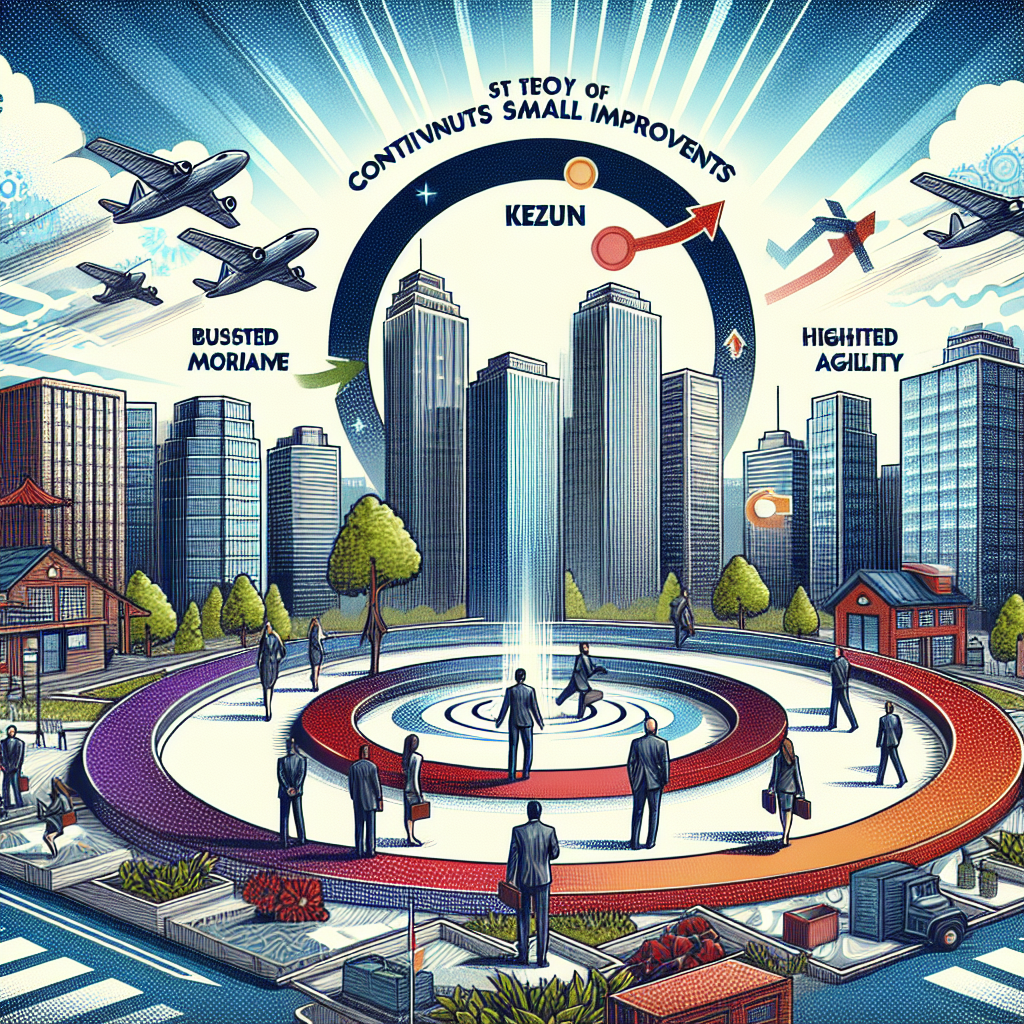
Unveiling the True Essence of the Toyota Production System: A Call for Deeper Understanding

Stop Oversimplifying the Toyota Production System: Let’s Get Real
Have you ever noticed how people tend to reduce complex ideas into bite-sized snippets? It’s like a big game of ‘telephone’, where the original message often gets lost. A prime example of this is the Toyota Production System, or TPS for short. Too many folks think TPS is just a set of handy tools for quick fixes on the shop floor. But let me tell you, that’s just scratching the surface.
So, what if we could peel back the layers and see TPS for what it truly is? I mean, it’s not just a collection of methods like Kanban or Andon. TPS is a vibrant philosophy that reaches into every corner of an organisation. It’s about fostering a culture of continuous improvement, or Kaizen, that permeates everything you do. And that, my friends, is what makes it so powerful.
What is TPS, Really?
First off, let’s clarify what Toyota Production System actually entails. Started as a way to manage production more effectively, TPS has evolved into a holistic approach that encourages learning, problem-solving, and collaboration. It embraces the idea that everyone in the organisation has a role to play in the pursuit of excellence.
Too often, we see organisations picking and choosing tools from TPS without grasping the underlying principles. They might slap a Kanban board up on a wall and call it a day, but this approach barely scratches the surface. It’s like trying to enjoy a fine wine by only sniffing the cork—you’re missing out on the rich flavours waiting for you.
Why TPS is a Long-term Commitment
Now, here’s the thing: TPS is a journey, not a one-time fix. Making it work requires a genuine investment of time and effort. If you’re looking for a quick win, let me be the first to tell you—you’ll be disappointed. Real TPS implementation is about nurturing a culture that embraces learning. It’s about meeting challenges head-on and viewing them as opportunities for improvement.
Think of it like cultivating a garden. You don’t just plant a seed and expect a harvest the next day. You water it, you nurture it, you watch it grow. In the same way, investing in TPS means fostering skills within your team and creating a safe environment for everyone to voice their thoughts and ideas. The return on that investment? Expect remarkable gains in efficiency, quality, and, importantly, staff engagement.
The Transformative Outcomes of TPS
When TPS is truly embedded into the fabric of an organisation, the results become nothing short of transformative. We see enhanced productivity, reduced waste, and a renewed sense of purpose amongst employees. People feel empowered to contribute, knowing their ideas can lead to tangible improvements.
But let’s not sugarcoat it: implementing TPS is no easy feat. It requires commitment at all levels, from top management down to the shop floor. Leaders need to embody the principles of TPS and guide their teams through the challenges they will inevitably face. Adaptability, resilience, and a positive mindset are essential.
So, How Do We Shift the Narrative?
Here’s the question that’s been buzzing in my mind: How do we shift the narrative and convey the true power of TPS beyond mere tools? This isn’t just about spreading knowledge; it’s about changing perceptions. It’s about making people see TPS as a vital part of an organisation’s DNA rather than a quick-fix toolkit.
One personal insight I’d love to share is the impact I’ve seen in my own ventures when teams truly embrace the TPS philosophy. I’ve watched groups elevate their performance to extraordinary heights, thriving on the principles of Kaizen. It’s inspiring to witness and reinforces my belief that we have only begun to scratch the surface of what’s possible.
Let’s Embrace the Full Power of TPS
In the end, if we truly want to tap into the transformative potential of the Toyota Production System, we need to focus on the culture it fosters. Let’s move beyond just applying tools and instead embrace a mindset of continuous improvement, learning, and collaboration.
So, I leave you with this: How can you encourage a deeper understanding of TPS in your organisation? Let’s spark a conversation and explore the possibilities together!
#CitySkills #ContinuousImprovement #LeanThinking





